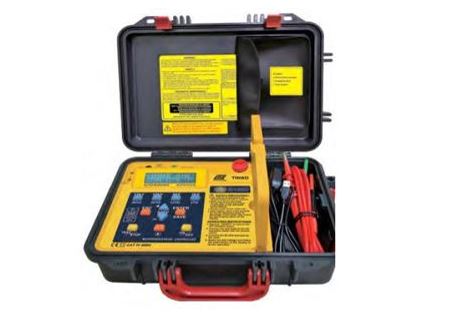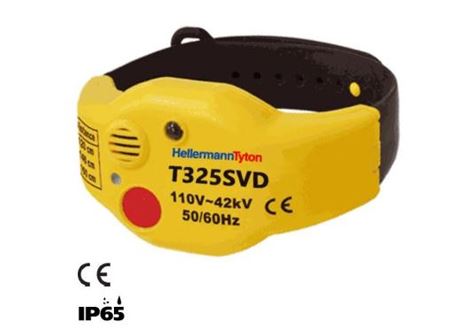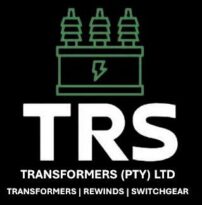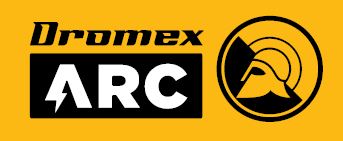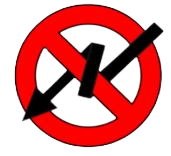High Voltage Training & PPE

We do HV Training
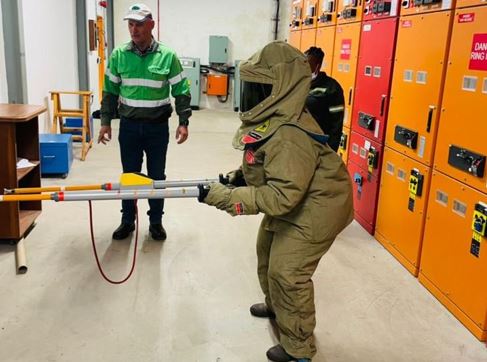
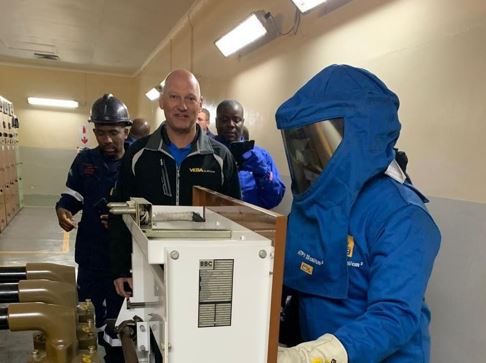
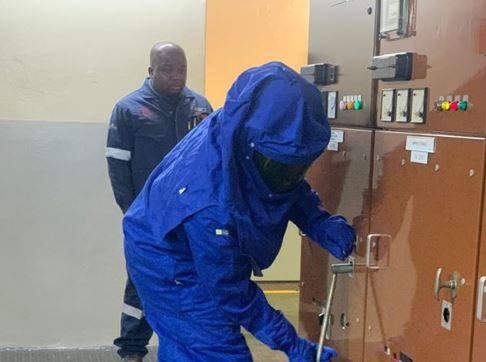
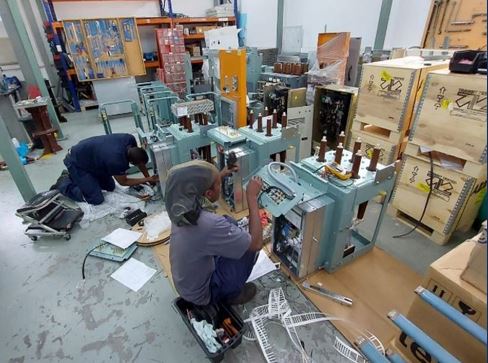
Accredited HV Courses
TRS offers the following accredited High Voltage Training in conjunction with Devoltage Training Centre.
- Background
- Access
- Issue of keys
- Supervision and RISK ASSESSMENT
- Reasons for isolating and earthing
- Operating principles
- Operating instruction form
- Work permit system
- Abnormal conditions and exceptions to the general rule
- Close proximity
- Commissioning and testing
- ARC and BURN PROTECTION
For Authorised Persons who have completed the HV/MV theory and have a “Portfolio Of Evidence”. The Authorised Person will send DEVOLTAGE TRAINING their switchgear operating procedures, SOP’s, single line diagrams and photos of all relevant switchgear. On receipt thereof, DEVOLTAGE TRAINING will write a training module for practical assessment. For persons who want to operate/switch on HV/MV apparatus. After completion of a complete “Portfolio Of Evidence (P.O.E)” at their place of work in order to be assessed on the site specific apparatus i.e. 40 hours practical work, a “High/Medium Voltage Authorisation Certificate” in recognition of prior learning will be issued in accordance with the P.O.E. DEVOLTAGE TRAINING will assist the company with writing Standard Operating Procedures, Safe Work Instructions and Standard Engineering Practices.
Reasons for Isolating and Earthing:
An understanding of why apparatus shall be isolated and earthed before you may work on it.
An understanding of the minimum requirements for earthing different types of apparatus.
An understanding of when additional earths shall be applied.
The ability to tell the difference between the various earths and when they are used.
Work Permit System:
The purpose of the work permit system
When a work permit is required
Supervision:
An understanding of the requirements for supervision in these areas.
Testing:
The roles and responsibilities of the responsible and Authorised Persons when removing and replacing earths for testing of apparatus.
For persons responsible for the daily Operation and Maintenance of HV/MV Substations and Internal & External Substation Technical Audit Teams. Typical substation design requirements are discussed and shortfalls listed. After completion, the attendee will be in a position as to identify what a typical substations technical and safety requirements are. The attendee will be technically equipped in order to highlight irregularities within a Substation and, thereafter, initiate corrective action thereof.
Typical topics covered are:
- Technology & innovation;
- Critical network equipment & components;
- Overhead line design;
- International standards;
- Overhead line structures;
- Voltage & Current ratings;
- Conductor characteristics and application;
- Overhead line components;
- Insulator characteristics and application;
- Vibration dampers;
- Network earthing & lightning protection;
- Overhead line inspection;
- Maintenance & Asset Management;
- Maintenance considerations;
- Maintenance preparation & execution;
- Overhead line maintenance;
- Overhead structure management;
- Transformer management;
- Occupational Health & Safety;
- Management of Environment & Wildlife Interactions with electrical plant & networks;
- Way leaves and servitudes.
Typical topics covered are:
- The need for protection;
- Faults types and effects;
- Simple calculation of short circuit currents;
- System earthing;
- Fuses;
- Instrument transformers;
- Circuit breakers;
- Tripping batteries. (BTU’s – Battery Tripping Units);
- Protection relays;
- Co-ordination by time grading. (IDMT protection relay settings);
- Low voltage networks;
- Principles of unit protection;
- Feeder protection of cables and overhead lines;
- Transformer protection;
- Busbar protection;
- Motor protection relays;
- Generator protection;
- Management of protection.
After completing this course the attendee will be able to understand the basic concepts of power system protection for future reference and application.
The purpose of the course is to enable candidates to understand the background of the Operating Regulations and to provide them with the required knowledge to be authorised for access. For persons to gain access when Meter reading, checking transformer oil levels & silica gel.
Course Duration: One Day.
For Managers and Staff who are not directly involved with the working/operation of HV/MV equipment, but are involved within the HV/MV system business.
DEVOLTAGE TRAINING will assist the company with writing Standard Operating Procedures, Safe Work Instructions and Standard Engineering Practices.
- Transformer course overview-typical power system network
- Transformer theory – transformer components
- Power transformers
- Identification of major components of a transformer
- Tank- cooling system for oil immersed transformers
- Silica gel breather -relief/belch pipe
- Pressure relief valve for transformer main tank
- Transformer bushings
- Transformer oil -oil sampling
- Buchholz relay
- Gas test set -Buchholz gas analysis
- Temperature indicators
This course introduces the attendee to HV/MV switchgear and the maintenance thereof. Basic protection relay co-ordination by time grading i.e. IDMT protection relay settings is discussed.
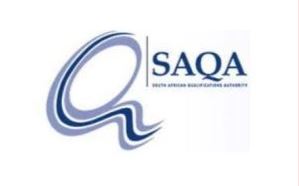
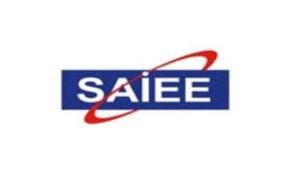
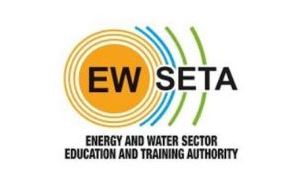
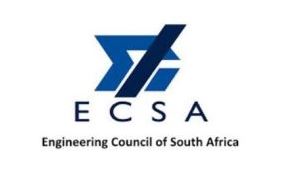

Dromex PPE Wear
TRS in conjunction with Devoltage Training Centre offers the full range of Dromex and HellermanTyton products as affordable prices.


